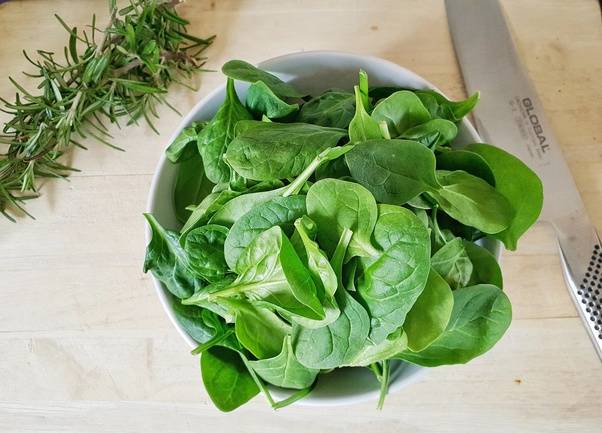Eating vegetables on a daily basis is an essential part of a healthy and balanced diet. Vegetables provide a wide range of nutrients, including vitamins, minerals, fiber, and antioxidants, all of which are important for maintaining good health. In this article, we will explore some of the best vegetables to eat daily.
1. Broccoli: Broccoli is a cruciferous vegetable that is rich in vitamins C and K, fiber, and antioxidants. It has been shown to have anti-inflammatory properties and may help to reduce the risk of certain types of cancer.
2. Spinach: Spinach is a leafy green vegetable that is packed with vitamins A and C, iron, and folate. It may help to improve bone health, reduce inflammation, and promote healthy digestion.
3. Carrots: Carrots are a root vegetable that is rich in beta-carotene, which is converted to vitamin A in the body. They are also a good source of fiber, vitamin K, and potassium, and may help to improve eye health and reduce the risk of heart disease.
4. Sweet potatoes: Sweet potatoes are a starchy vegetable that is packed with vitamins A and C, fiber, and potassium. They may help to improve blood sugar control, boost immunity, and reduce inflammation.
5. Bell peppers: Bell peppers are a colorful vegetable that is rich in vitamin C, fiber, and antioxidants. They may help to reduce the risk of chronic diseases like heart disease and cancer, and may improve eye health.
6. Tomatoes: Tomatoes are a juicy vegetable that is rich in lycopene, a powerful antioxidant that may help to reduce the risk of cancer and heart disease. They are also a good source of vitamin C, potassium, and fiber.
7. Kale: Kale is a leafy green vegetable that is packed with vitamins A, C, and K, as well as minerals like calcium and iron. It may help to reduce the risk of cancer and heart disease, and may improve bone health.
8. Brussels sprouts: Brussels sprouts are a cruciferous vegetable that is rich in vitamins C and K, fiber, and antioxidants. They may help to reduce inflammation, improve heart health, and promote healthy digestion.
9. Cauliflower: Cauliflower is a cruciferous vegetable that is rich in vitamins C and K, fiber, and antioxidants. It may help to reduce the risk of cancer and heart disease, and may improve digestion.
10. Cabbage: Cabbage is a cruciferous vegetable that is rich in vitamins C and K, fiber, and antioxidants. It may help to reduce inflammation, improve heart health, and promote healthy digestion.
In conclusion, eating a variety of vegetables on a daily basis is important for maintaining good health. Broccoli, spinach, carrots, sweet potatoes, bell peppers, tomatoes, kale, Brussels sprouts, cauliflower, and cabbage are all great options to include in your daily diet. By incorporating these vegetables into your meals, you can ensure that you are getting a wide range of nutrients to support your overall health and well-being.




